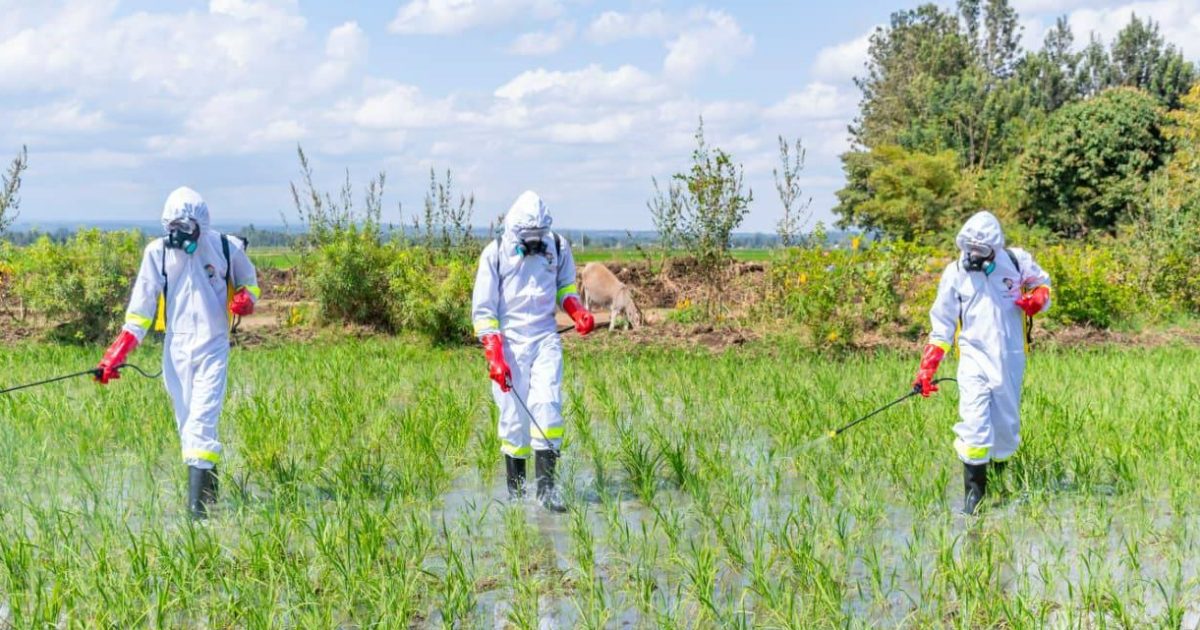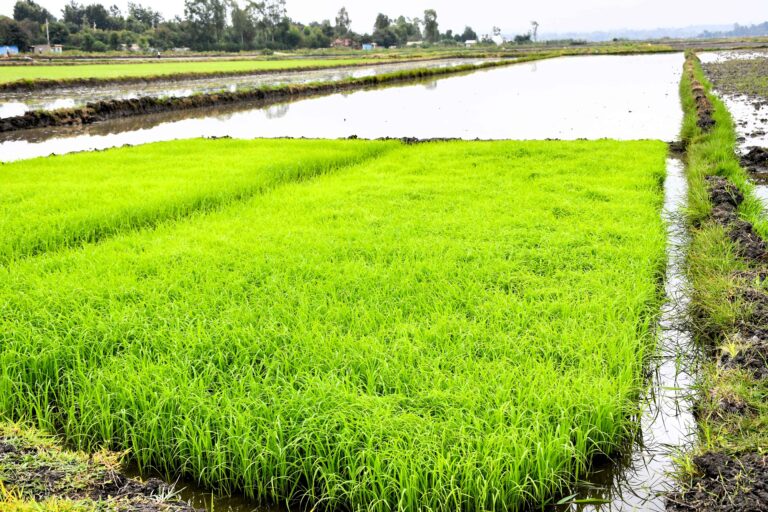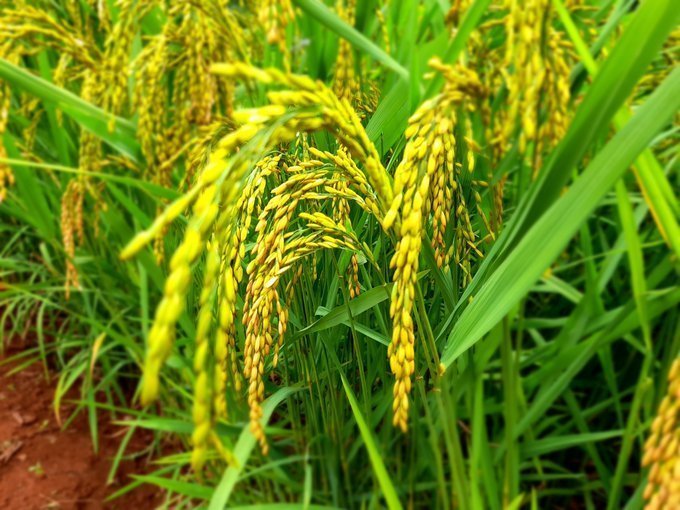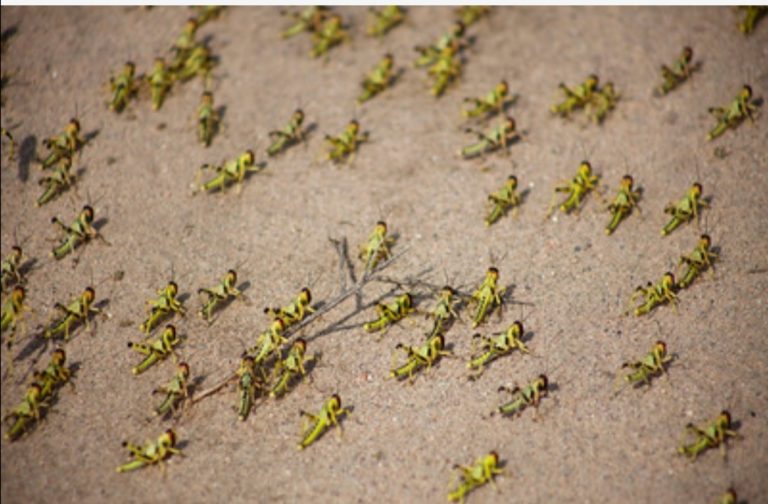Rice farmers in Kirinyaga County will benefit from free protective equipment and training on safe chemical handling under the Kilimo Swafi Campaign, launched by the African Centre for Corrective and Preventive Action (ACCPA).
The initiative, unveiled at the Mwea West rice plantations, will distribute 3.8 million pieces of personal protective equipment (PPE) between 2025 and 2028. It also seeks to promote safer farming practices, including the proper disposal of chemical waste and advocacy for the elimination of hazardous products that, though banned, still find their way into the market.
Speaking at the launch, ACCPA Founder Mwangi Macharia emphasized the need to prioritize farmer safety. He said the campaign is part of a broader effort to make farming both productive and safe for farmers and consumers.
Macharia noted that in Mwea, where over 25,000 acres are under rice cultivation, fewer than 1,000 farmers use protective gear. He called for urgent government intervention.
“It is not acceptable that we have accepted as normal a cyclical poisoning of our lives and environment on account of our collective carelessness and indifference. Farmers are the first and last line of defence when it comes to our safety,” said Macharia.
He further raised concern over the growing number of agrochemical outlets, despite the limited presence of inspection officers.
“Only about 15 per cent of farmers have PPEs. As an organization we want to partner with stakeholders to ensure that in all 47 counties, farmers have access to PPEs. Farmers often buy counterfeit or fake chemicals cheaply, without being informed of the dangers,” he added.
Peter Chege, chairperson of the rice farmers, welcomed the training and equipment, noting the daily risks farmers face from chemical exposure. He appealed to the government and other institutions to prioritize farmers’ welfare through education, safety gear, and health services.
“We have worked hard and produced enough, but most of the money we earn ends up being spent in hospitals due to health issues caused by pesticide exposure,” Chege said.
He also urged fellow farmers to take personal responsibility for their safety.
“Even if the government cannot provide everything, protect yourself for the sake of your own life and that of your family. Farming is the backbone of our economy, but we must also protect the health and safety of our farmers,” he added.
Samuel Kariuki, a rice farmer, highlighted the lack of safe systems for disposing of chemical containers, stating that this poses serious health and environmental risks.
“After using these chemicals, we have no safe place to dispose off the bottles and containers. At the moment, these bottles are being thrown carelessly in the farms, in rivers where we draw our drinking water, along the roads and even in our homes,” he said.





